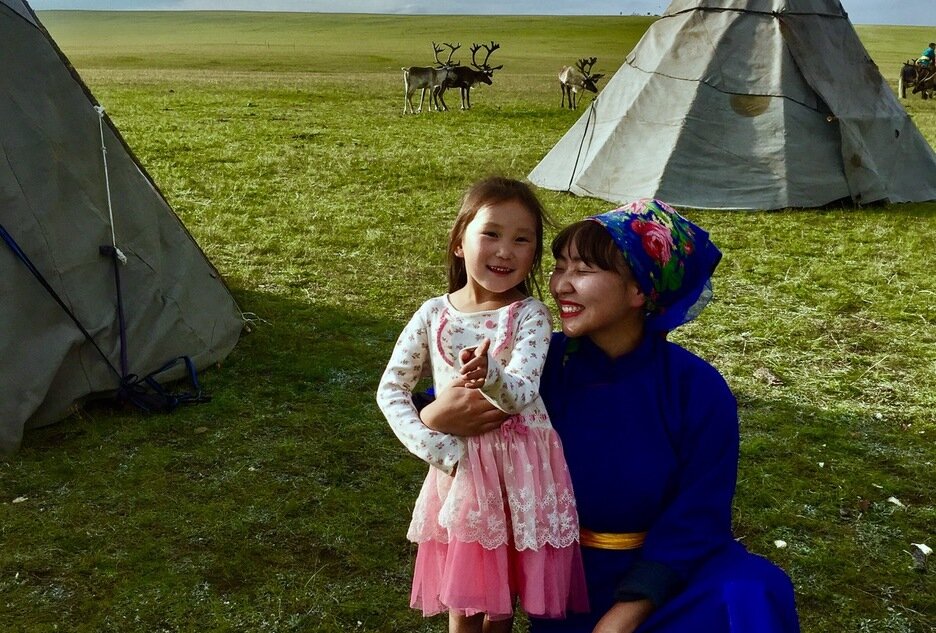
Zoljargal Enkh-Amgalan's research in urban anthropology focuses on the complex and changing uses of Ulaanbaatar's Sükhbaatar Square.
International scholars mostly focus on the economy of Mongolia, mining and shamanism, but Ulaanbaatar has experienced so many different changes in the last decades and there are ongoing struggles to save its public spaces as every inch of land is sold off. Urban anthropology has a big role to play in understanding these changes
Zoljargal Enkh-Amgalan
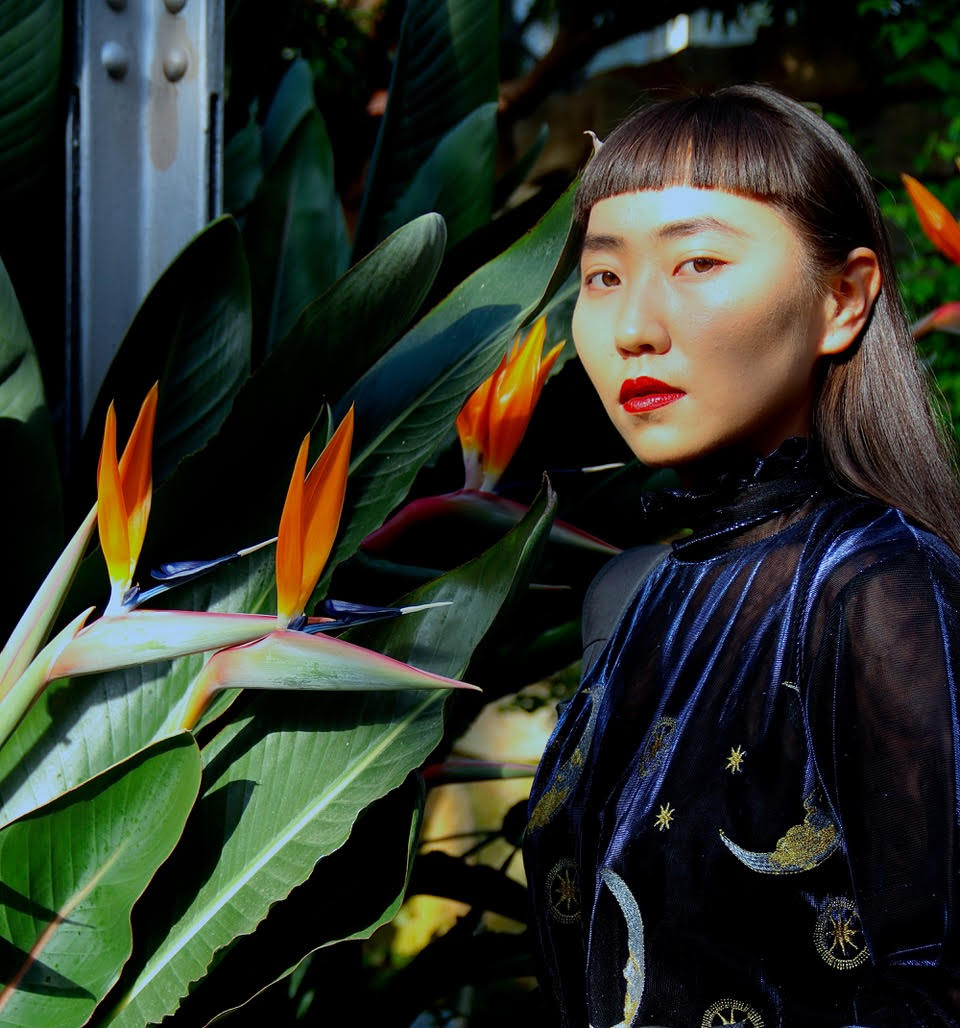 Zoljargal Enkh-Amgalan [Zoloo for short] fell in love with Anthropology as soon as she knew what it was. It seemed to bring together all her interests in people, culture and place. Her PhD, which builds on her master’s on contemporary protests in Mongolia, seeks to break new ground in Urban Anthropology, studying protest movements and other events in one particular location, Ulaanbaatar’s Sükhbaatar Square.
Zoljargal Enkh-Amgalan [Zoloo for short] fell in love with Anthropology as soon as she knew what it was. It seemed to bring together all her interests in people, culture and place. Her PhD, which builds on her master’s on contemporary protests in Mongolia, seeks to break new ground in Urban Anthropology, studying protest movements and other events in one particular location, Ulaanbaatar’s Sükhbaatar Square.
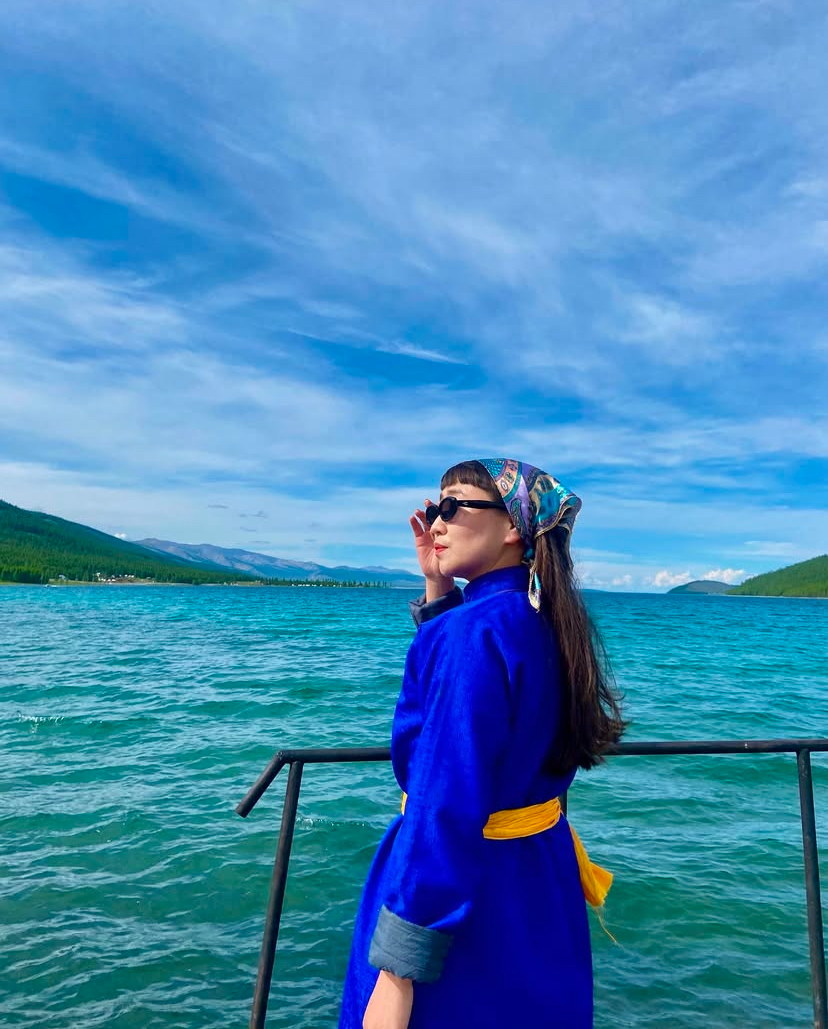 “It’s not about the process of demonstrations any more,” says Zoloo who did her master’s in 2022 and began her PhD in 2023. “It’s about a place which holds so much importance in Mongolian history, especially for the country’s political life. It is a political and cultural centre which has so many symbolic, cultural meanings.”
“It’s not about the process of demonstrations any more,” says Zoloo who did her master’s in 2022 and began her PhD in 2023. “It’s about a place which holds so much importance in Mongolian history, especially for the country’s political life. It is a political and cultural centre which has so many symbolic, cultural meanings.”
Her field work involves her observing everyday life in the square, including every event from weddings to national ceremonies and protests. That is placed within the context of the last 100 years of events involving different political movements, protests and gatherings.
Zoloo, who also teaches Anthropology at the National University of Mongolia, says she feels a lot of responsibility to represent the square in all its complexity and adds that she takes a very visual approach, involving Urban Anthropology. “International scholars mostly focus on the economy of Mongolia, mining and shamanism, but Ulaanbaatar has experienced so many different changes in the last decades and there are ongoing struggles to save its public spaces as every inch of land is sold off,” she says. “Urban Anthropology has a big role to play in understanding these changes.”
Childhood
Zoloo has long had an interest in Mongolia’s history, customs and different ways of life. Born in Murun, the administrative centre of Khövsgöl in northern Mongolia, as young children she and her older sister would regularly visit her grandparents in the countryside where they worked as herders. The two girls would help out caring for the sheep, goats and views there in summer and winter holidays.
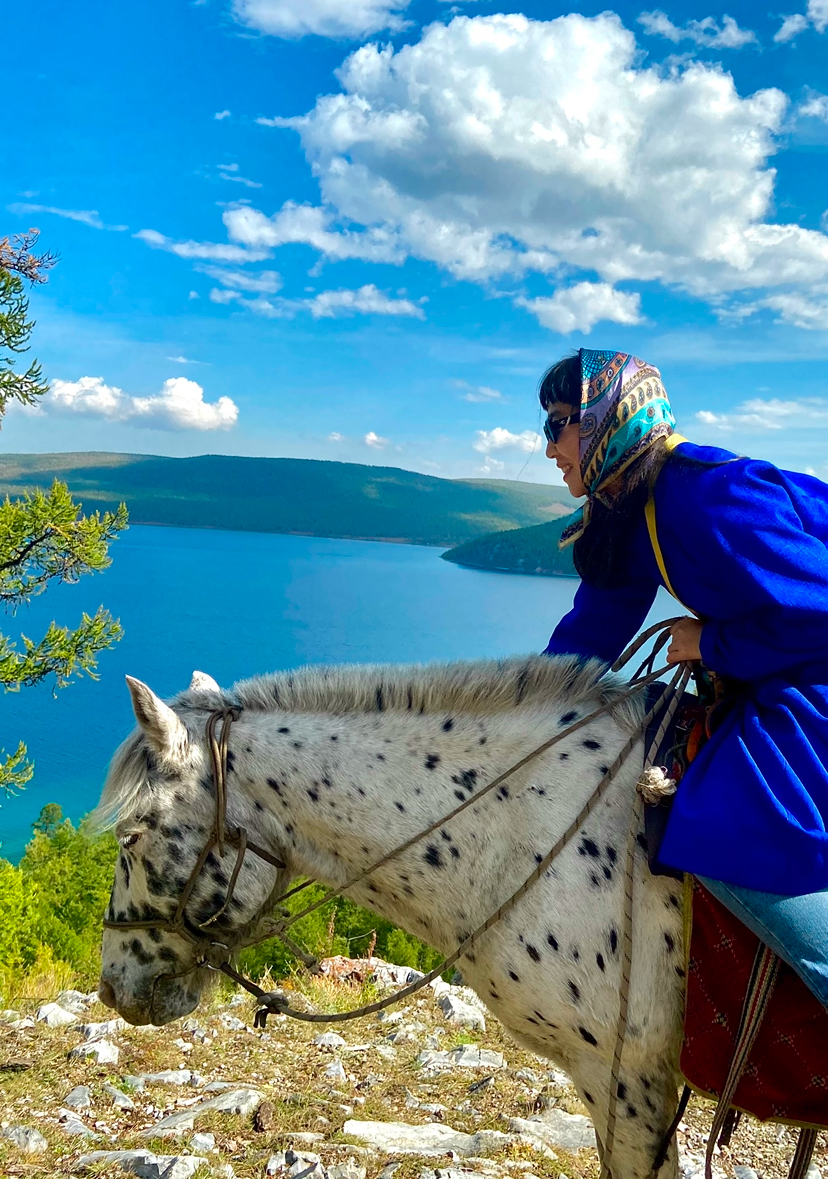 Zoloo would milk the goats and sheep and make dairy products. “It was hard labour, but an interesting way of life. I learned so much and it was the most peaceful time in my life,” she says.
Zoloo would milk the goats and sheep and make dairy products. “It was hard labour, but an interesting way of life. I learned so much and it was the most peaceful time in my life,” she says.
Her parents were running an arts centre in Murun named ‘Simba’ (because she and her sister loved The Lion King) where children could take part in educational programmes on everything from guitar, drums and break dancing to painting and computer basics. Zoloo says creating a space for art and educational activities for children was a very romantic idea at a time when most people were opening hotels, bars or something more profitable.
“It was not long after socialism collapsed and Mongolia was facing the harsh reality of capitalism. But my father had another vision: despite everyday struggles, debts and economic difficulties, he wanted children to experience the joy of life in different ways, ” she says. “Unfortunately, nobody was interested in the arts and educational programmes, so the centre went bankrupt.”
The family lost everything, including their home in Murun. They moved to Ulaanbaatar in 2005 and lived in a yurt with their grandmother and other relatives. Her parents then opened a small restaurant in Ulaanbaatar and she and her sister helped them after classes.
University
Zoloo attended a high school run by the National University of Science and Technology. As she came to the end of her school years, she was thinking of studying Philosophy or film directing, but then she discovered Anthropology. “I immediately knew this was something I should pursue,” she says. “It was like falling in love at first sight. It combines everything I am interested in.”
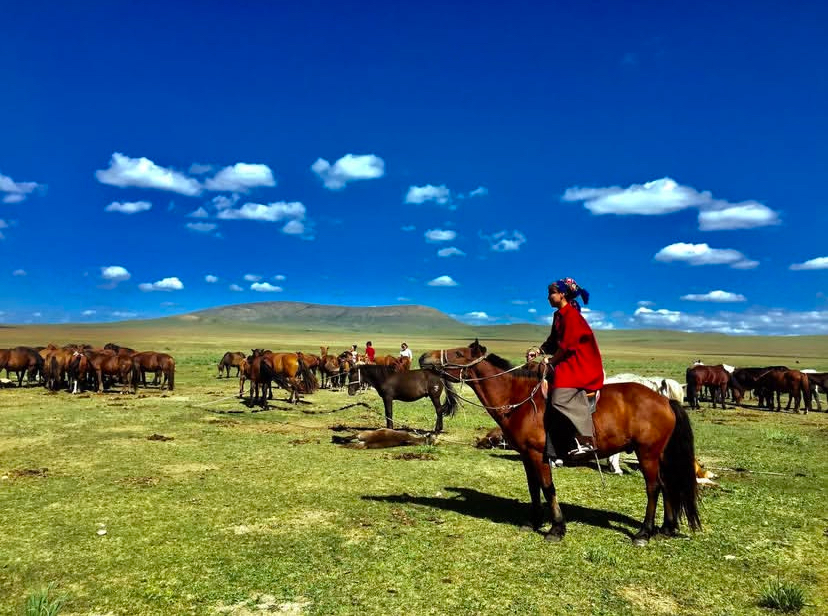 Zoloo was the only student to choose Anthropology at the National University of Mongolia where she did a degree in Sociology and Anthropology. She had to do a thesis at the end of the course where she focused on waste pickers at Mongolia’s biggest landfill site outside Ulaanbaatar. Most were former herders, many of whom had lost animals during the country’s dzuds, Mongolia-specific winter disasters which result in large-scale death and debilitation of livestock.
Zoloo was the only student to choose Anthropology at the National University of Mongolia where she did a degree in Sociology and Anthropology. She had to do a thesis at the end of the course where she focused on waste pickers at Mongolia’s biggest landfill site outside Ulaanbaatar. Most were former herders, many of whom had lost animals during the country’s dzuds, Mongolia-specific winter disasters which result in large-scale death and debilitation of livestock.
“The landfill site was a very harsh environment, very toxic. There were children there too,” she says. The project came about after she wrote an article about the site for her student newspaper. “It broke my heart to see the micro community living around the landfill site,” she states. “I wanted people to know how hard it can be to adjust to life in the city when you come from the countryside.”
Ever since Zoloo has continued to research and write policy papers and articles about how to improve waste management in Mongolia and support waste pickers. She recently submitted a photo essay based on her previous work. She is clear, however, that research is the way to make progress as it involves a long-term approach to problems. “You cannot just finish a paper or article. It haunts you forever,” she says.
Writing and research
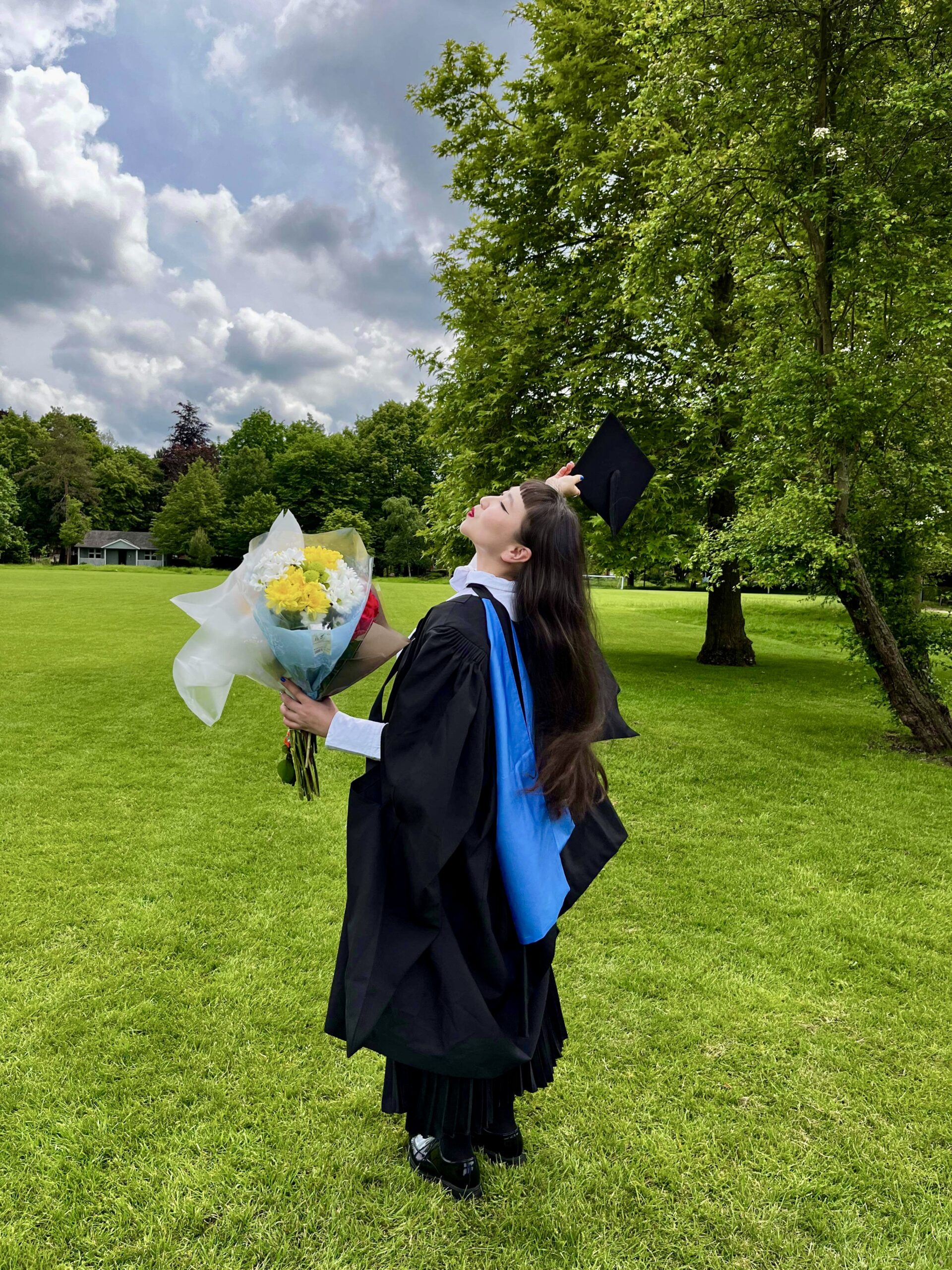 After graduating in 2014, Zoloo worked for a magazine platform as a writer and researcher, but she later quit because she wasn’t able to write about the subjects she was interested in. She returned to the Khövsgöl region after an opportunity came up to do some field assessment work for international scientists working on a project in Khatgal, a village on a beautiful lake that draws a lot of tourists.
After graduating in 2014, Zoloo worked for a magazine platform as a writer and researcher, but she later quit because she wasn’t able to write about the subjects she was interested in. She returned to the Khövsgöl region after an opportunity came up to do some field assessment work for international scientists working on a project in Khatgal, a village on a beautiful lake that draws a lot of tourists.
The project involved forming a small cooperative to support herders to produce local dairy products and sell them to tourists. Zoloo worked there on and off for the next years as the project’s translator, manager and coordinator, building bridges between the herders and international scientists from the Max Planck Institute for the Science of Human History [now the Max Planck Institute of Geoanthropology].
In between Zoloo went to Berlin to study German and to restart her academic journey. In 2018 she returned to Germany, working remotely on the cooperative project and taking a degree in Anthropology and Film studies at the Free University of Berlin. She had wanted to take a master’s, but her undergraduate degree was not recognised in Germany. She returned to Mongolia for a holiday in winter 2019, but due to Covid ended up staying there for two years and completing her course online.
In 2021 Zoloo applied to do a master’s, beginning in 2022. She wanted a different academic environment and her teachers at the National University of Mongolia encouraged her to apply to Cambridge. As a result of protests in Mongolia against coal-related corruption, she decided to do her thesis on contemporary protests in Mongolia. “I realised this was a very overlooked topic,” she says. Her PhD takes that work a step further, helping to paint a picture of change over time in urban Mongolia.












